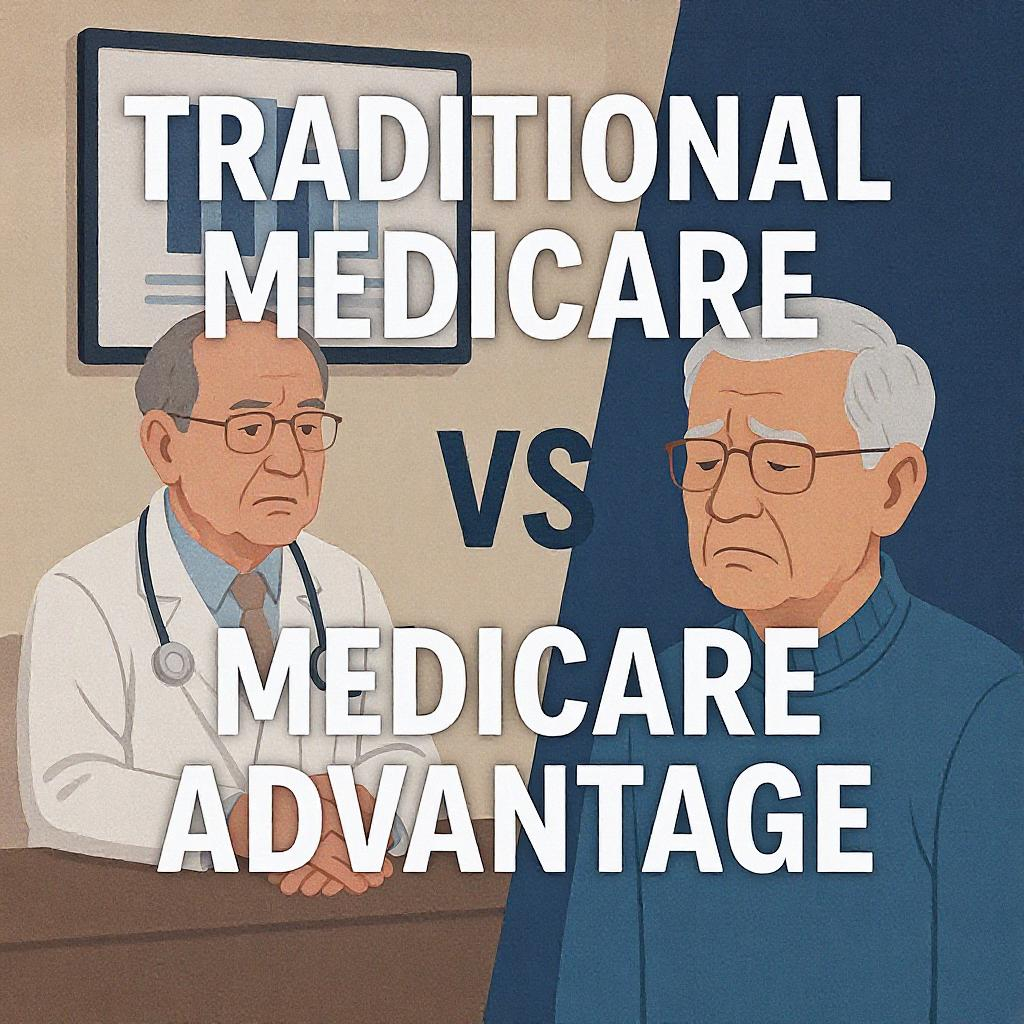Retirement is a time many of us envision with ease, filled with newfound freedom and financial security. Yet, for a growing number of retirees, an unexpected and often substantial expense can quickly cast a shadow on those golden years: the Medicare Income-Related Monthly Adjustment Amount, or IRMAA. Often dubbed a “stealth tax,” IRMAA can significantly inflate your Medicare premiums, turning a planned budget upside down.


